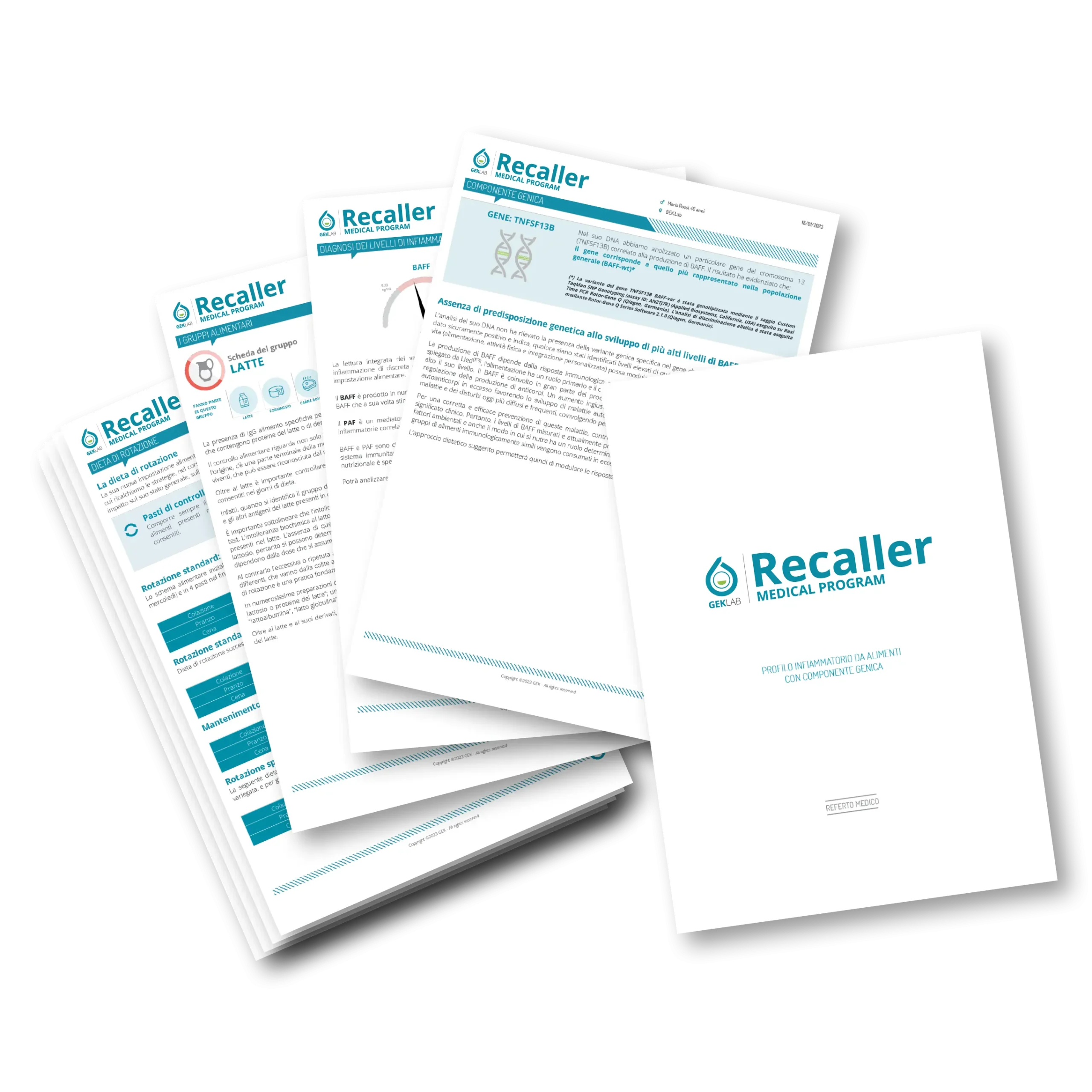
The feeling of having a bloated belly, often right after eating, is a discomfort that many people experience daily, and it should never be taken lightly. This symptom can manifest in various ways, such as a feeling of fullness after meals or persistent bloating throughout the day. But what are the main causes behind this discomfort, and how can we address it?
The Causes on the Table
Once rare forms of diseases that cause abdominal bloating (such as biliary or pancreatic colic, gluten sensitivity, as well as functional insufficiencies of the liver and pancreas) have been ruled out, the most frequent causes remain undoubtedly poor eating habits.
Eliminating a food permanently is often not the right strategy to combat bloating. It is the repetitiveness in the consumption of certain foods that can lead, on an individual level, to a generalized inflammatory state and, therefore, to situations of intestinal imbalance.
Eating too quickly is the primary cause to keep under control. Good digestion and absorption of food begin with proper chewing. Chewing activates digestion and allows food to reach the intestines in smaller fragments, which are more easily digested by enzymes.
Among the foods that cause bloating, sugars are certainly one of the culprits, as they can ferment in the intestines, producing gas. However, the amount of gas varies significantly from individual to individual.
Daily consumption of sweeteners such as mannitol, maltitol, sorbitol, and xylitol can also increase bloating, as these polyols are not absorbed but are still fermented by the bacteria in the intestinal flora.
Bloating caused by yeast is often linked to a condition called “yeast overgrowth.” This occurs when yeasts, such as Candida Albicans, grow excessively in the intestines, often due to an imbalance in the bacterial flora or other conditions that favor their proliferation. Yeasts can ferment sugars and carbohydrates in the diet, producing gas.
Bloating after consuming cabbage, broccoli, and other similar foods is often associated with the presence of fermentable carbohydrates called FODMAPs (Fermentable Oligosaccharides, Disaccharides, Monosaccharides, and Polyols). For some people, especially those with irritable bowel syndrome (IBS), eating foods rich in these particular sugars, which are difficult to digest, can cause bloating and other gastrointestinal symptoms..
Finally, excessive consumption of foods rich in cellulose fiber, such as legumes, can cause bloating, especially in the colon. However, with continuous consumption, the body “learns” to digest them better, and regular consumers experience much milder effects.
When inflammation is the cause
permanently eliminating a food is often not the right strategy to combat bloating. It has long been understood that “there is no inherently bad food,” but rather that the repetitive consumption of certain foods can, on an individual level, lead to a generalized inflammatory state. This, in turn, can contribute to intestinal imbalances like those described above.
Food-related inflammation, caused by excessive or repeated consumption of certain foods, remains by far the most common cause of abdominal bloating.
When the intestine is inflamed, it does not properly digest food, and the gut microbiota may produce excessive gas.
The Recaller Medical Program or PerMè Medical Program can be useful in identifying food groups that trigger this condition. They help establish the foundation for a rotation diet, which provides a personalized and therefore more effective approach to managing bloating and inflammation.
Remedies to Reduce and Eliminate Abdominal Bloating
Adopting a personalized diet that reduces the repeated intake of foods to which the body reacts with inflammation is often the most effective method for achieving a quick and complete recovery.
However, there are some recommendations that should be followed, alongside a proper diet, to help resolve the issue.
- Introduction of Carminative Herbs: Herbs like anise, cinnamon, and fennel seeds can help reduce bloating. Incorporating them into our daily meals, sipping herbal teas made with these herbs, or adding them to the water we drink daily can contribute to symptom improvement.
- Monitor Excessive Use of Gastric Protectors: It’s essential to be mindful of overusing stomach-protecting medications, as they can hinder the action of digestive enzymes, preventing food from being adequately broken down before reaching the intestine.
- Introduction of Digestive Enzymes, supervised by a Doctor: In certain circumstances, the use of specific enzymes can support complete digestion of food or complement an already balanced diet. It’s important to consult a doctor before pursuing this route.
- Physical Activity: Regular exercise can improve bowel movement and help reduce bloating.
A bloated stomach can be an uncomfortable symptom, but with the right dietary adjustments and a healthy lifestyle, it’s possible to reduce or eliminate this discomfort. If symptoms persist, it’s always advisable to consult a doctor or a nutritionist for a more thorough evaluation
Edited by the Scientific Editorial Team GEK Lab





